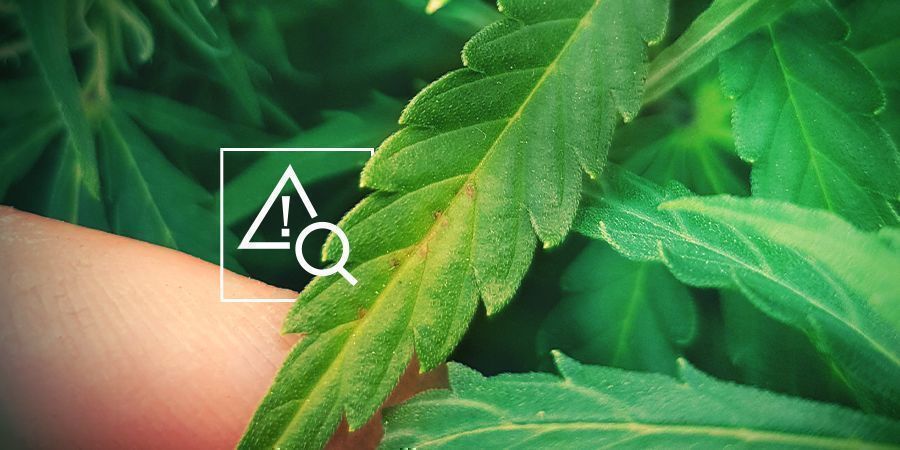Calcium, an indispensable element in plant life, plays a pivotal role in the structural integrity, immune defense, and metabolic processes of cannabis plants. A deficiency in this essential nutrient can manifest in stunted growth, weakened stems, and susceptibility to pests and diseases. Understanding and addressing calcium deficiencies is crucial for cultivators seeking to optimize the health and productivity of their crops.
Image: forum.grasscity.com
Recognizing the Symptoms of Calcium Deficiency
If your cannabis plants exhibit pale or yellowing leaves, stunted growth, underdeveloped roots, or weakened stems, calcium deficiency is a potential culprit. These symptoms often appear initially in newer growth and may progress to older leaves and stems if left untreated.
Causes of Calcium Deficiencies in Weed Plants
Calcium deficiencies can arise due to several factors:
- pH Imbalance: Soil pH levels outside the optimal range of 6.0 to 7.0 can inhibit calcium uptake.
- Overwatering: Excessive watering can leach calcium from the soil, leading to a deficiency.
- Nutrient Competition: High levels of other nutrients, such as potassium or magnesium, can hinder calcium absorption.
- Transplant Shock: Young plants transplanted into new soil may experience temporary calcium deficiencies.
- Nutrient Lockout: Cold temperatures can prevent calcium absorption, resulting in a deficiency.
Restoring Calcium Balance in Your Plants
To rectify calcium deficiencies, cultivators can implement the following measures:
- pH Adjustment: Ensure the pH of your growing medium is within the optimal range for calcium uptake (6.0 to 7.0). Use pH testing kits to monitor soil pH regularly.
- Moderate Watering: Avoid overwatering, as it can leach calcium from the soil. Water only when the soil surface is dry to the touch.
- Nutrient Management: Check nutrient levels in your soil or hydroponic solution to ensure they are balanced. Avoid excessive amounts of potassium or magnesium, which can compete with calcium uptake.
- Transplant Care: Handle transplanted seedlings with care to minimize root damage. Avoid overwatering and provide ample nutrients to support the plant’s recovery.
- Foliar Spray: In cases of severe calcium deficiency, consider applying a foliar spray containing calcium nitrate or calcium sulfate to supplement the soil-based supply.

Image: www.zamnesia.com
How To Fix Calcium Deficiency In Weed Plants
https://youtube.com/watch?v=jj7ycbI1edo
Additional Tips for Maintaining Plant Health
- Use Calcareous Soil Amendments: Adding materials like lime or gypsum to the soil can increase calcium availability.
- Promote Soil Microbial Activity: Beneficial soil microbes enhance calcium absorption by breaking down organic matter and releasing nutrients.
- Avoid Nutrient Overdoses: Excess nutrients can antagonize calcium uptake. Follow recommended nutrient dosing guidelines and flush your soil or hydroponic system regularly.
- Monitor Environmental Conditions: Extreme temperatures, especially cold conditions, can impede calcium absorption. Provide a stable and optimal environment for your plants.
By addressing calcium deficiencies promptly and effectively, cultivators can restore plant vigor, promote healthy growth, and maximize the yield and quality of their cannabis crops. Through meticulous attention to pH, watering, nutrient management, and environmental conditions, growers can empower their plants to overcome calcium deficiencies and thrive throughout their growth cycle.